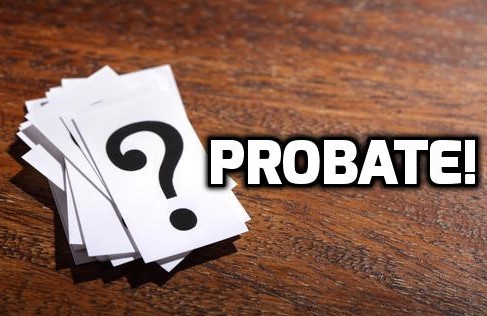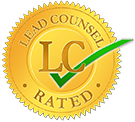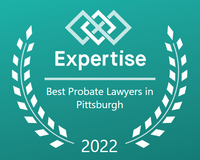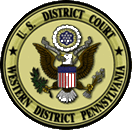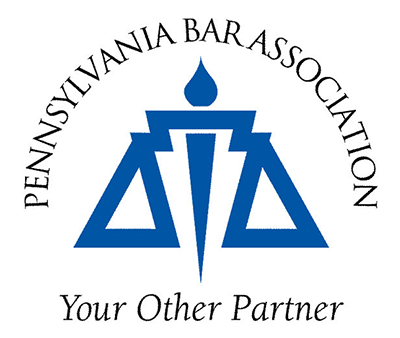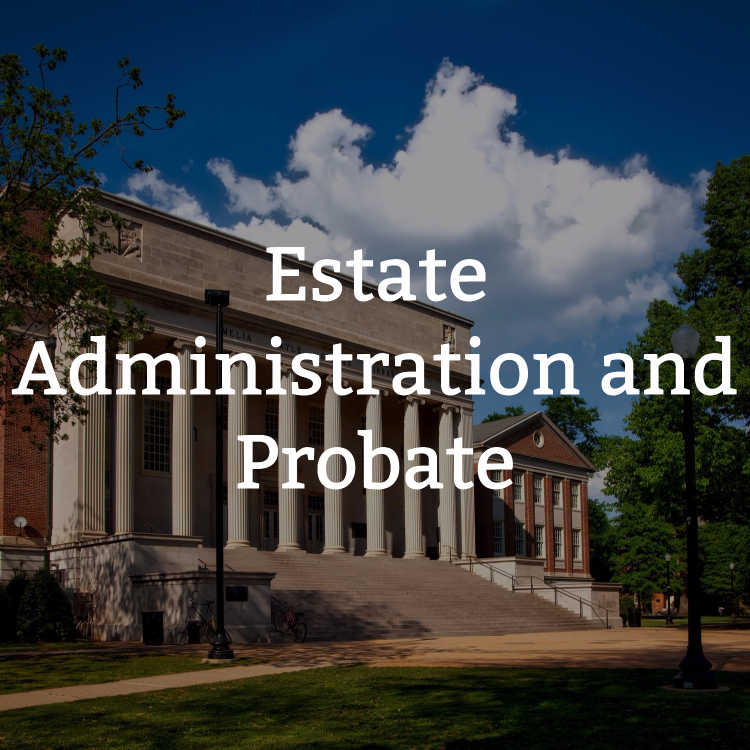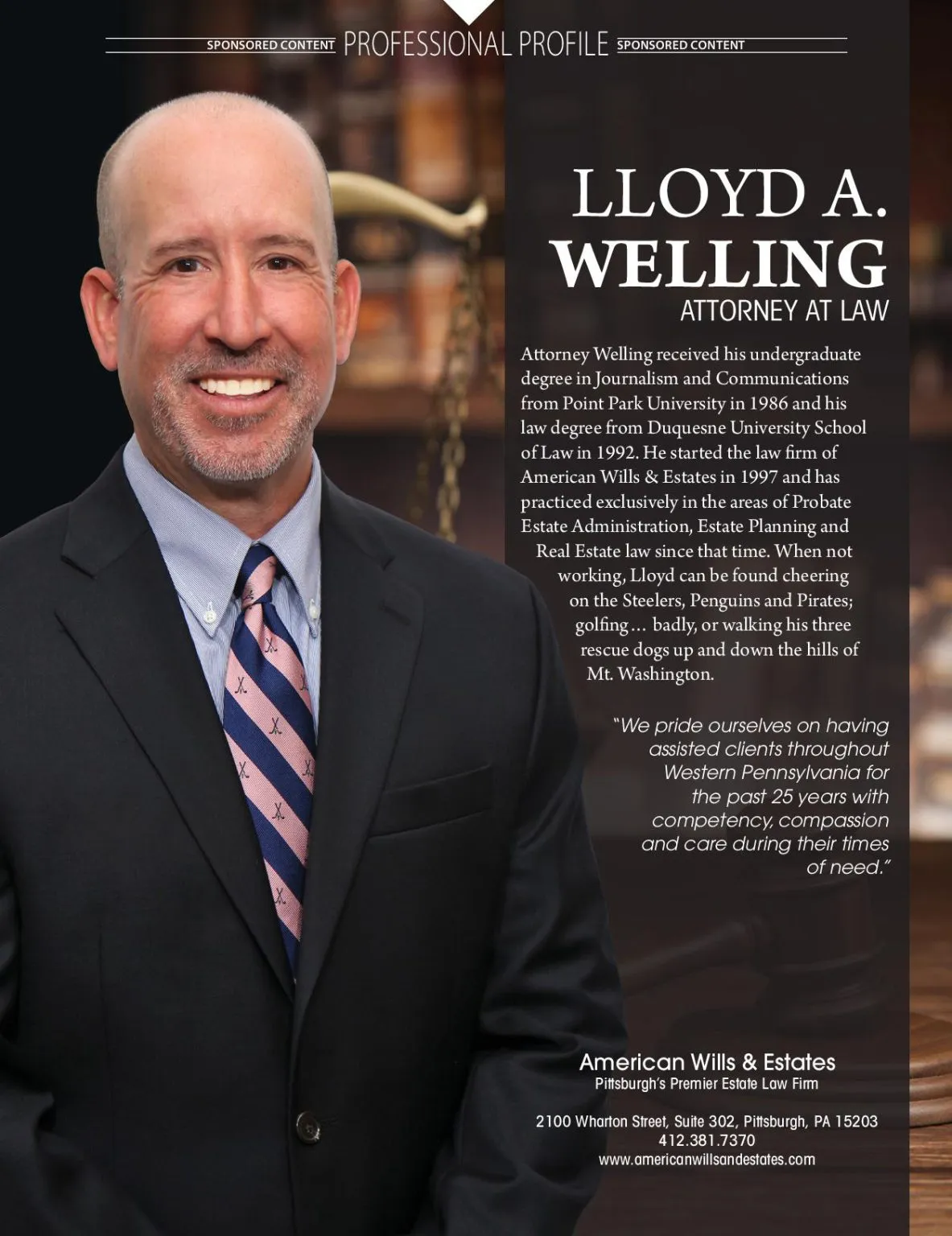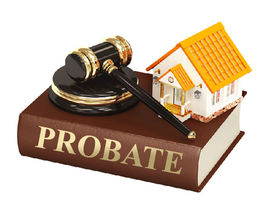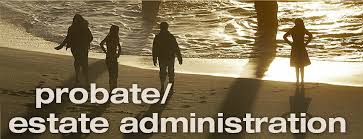Most folks know little or nothing when it comes to the actual probate process and the administrative steps that follow. Sure, most of us know that it has something to do with what happens after the death of a loved one, but beyond that our typical understanding of the actual process is often shrouded in popular myths and misconceptions.
The following are three of the most common probate myths:
Myth #1: The Reading of the Will
We’ve all seen a scene in a movie where the loved one’s heirs are gathered around the attorney’s desk anxiously awaiting the reading of the Will to find out what they’ve been left. However, this all too popular image is in reality almost entirely fictionalized.
The reality is that after you die and presuming you have left a Will, the document is typically submitted to the probate court or Register of Wills Office by your Executor and simply becomes a matter of public record. Generally, the attorney handling the estate will provide a copy of the Will to each of the beneficiaries, but even that does not happen in every case. Often, the attorney will simply notify the heir or beneficiary that the estate has been “opened” and that a copy of the Will can be obtained or viewed by going to the local probate office. So, if you’re an heir or beneficiary, don’t hold your breath awaiting the dramatic “reading of the Will.”
Myth #2: Having a Will Means Your Estate Won’t Go Through Probate
Probate is simply the formal process by which an Executor or Administrator is appointed by the Register of Wills or other such named local county office to oversee the administration of an estate for a person who has died. The assets that you leave behind are collectively referred to as your estate. So, after your death, your estate will have to be transferred to your heirs. Having a Will allows you to specify who your heirs will be and who will be in charge of carrying out your last wishes and instruction, but it certainly does not mean that your estate will avoid probate.
Unfortunately, the idea that merely having a Will somehow miraculously avoids probate is not true. All Wills have to comply with local state laws and after you die the local court will determine if the document you intended as your Will complies with those laws. As such, all Wills will ultimately be. However, don’t throw up your arms and give up all hope. With proper estate planning there certainly are ways to avoid probate or at least greatly minimize the effect it might otherwise have on your estate.
Myth #3: Creating a Revocable Living Trust Will Avoid Probate
This myth is almost true. Certainly the biggest selling point for creating a Revocable Living Trust is the avoidance of probate. If you create such a trust and actual transfer and retitle your assets into it, then it is true that those assets will indeed pass to your designated heirs without going through the formal probate process. However, one of the problems that we often encounter in our practice is that after a death a family will bring a loved one’s trust into our office to be administered only for us to quickly discover that none of the decedent’s assets were ever actually transferred into the trust that they had created. This then results in both formal probate as well as a separate trust administration process. Another common thing we see is that families are often under the that if their loved one had a revocable trust then no state inheritance taxes will have to be paid. Unfortunately, that is simply not the case in Pennsylvania and the assets held by the trust will still most certainly be subject to inheritance tax. Bottom line, do your homework and make sure you know what you’re actually buying before you sign on the dotted line.
Estate Planning Experts
American Wills & Estates is a locally founded, owned and operated law firm that has been guiding clients in Pittsburgh and throughout Western Pennsylvania through the Estate Planning and Probate Estate Administration process with competency, compassion and care for over 25 years. If you’ve been procrastination about getting an estate plan in place or making important updates and changes to your existing plan, stop.
We provide the majority of our law firm’s Estate Planning services on a flat fee basis and provide all of our prospective clients with a comprehensive free legal consultation. Read our client reviews, visit our law firm online and give us call us today at 412-381-7370 to schedule you free legal consultation. You’ll be glad you did!

